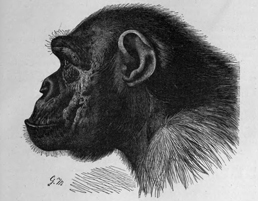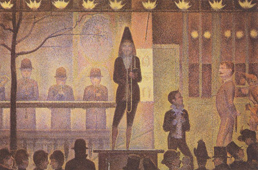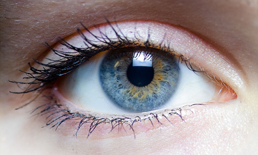Sex & Spatial Thinking
Gender differences in spatial reasoning abilities may be strongly influenced by culture.

Gender differences in spatial reasoning abilities may be strongly influenced by culture.
Our brains shrink by up to 15% over our lifetimes, but those of chimpanzees do not.

FEAR, LIES & SHRINKING BRAINS - Why our brains shrink, but chimps' don't, why computers are better at spotting lies than we are, and an enzyme for fear. Also, medical electronics that resemble tattoos, and how organic chicken farms could be a boon to public health.

THE BRAIN & SOCIETY: How the brain experiences beauty, what soccer reveals about the mind, and why lazing around in a hammock could benefit your memory. Also, how your cell phone could help you kick the habit.
A type of spontaneous brain activity seems to create favorable conditions for remembering things.
A tiny fragment of a single gene makes or breaks the all-important folding of brain tissue.
Evidence from ancient teeth suggests that most Neanderthals were right-handed, like us.
To study how we perceive our environment, scientists created the illusion of being either Barbie doll-sized or gigantic.

What reindeer can see that we can't. How some blind people are using echolocation to navigate the world. And, how the retinas of deaf people change their experience of the world. Also: better noses spelled bigger brains for ancient mammals, and: what the teeth of Neanderthals tell us about their hands.
A brain chemical called adenosine plays a major role in symptoms of sleep deprivation.

Why sleep deprivation clouds thinking, what the brainwaves of sleeping teenagers reveal, and how a video game helps sick kids strengthen their lungs. Also, why a team of epidemiological sleuths invaded school graduations across Maryland last year. And, new study reveals extreme gender bias in children’s books.
Scientists have extinguished, or at least greatly weakened, a long-term memory in a sea snail.
Researchers have identified the region of the brain responsible for humiliation.
